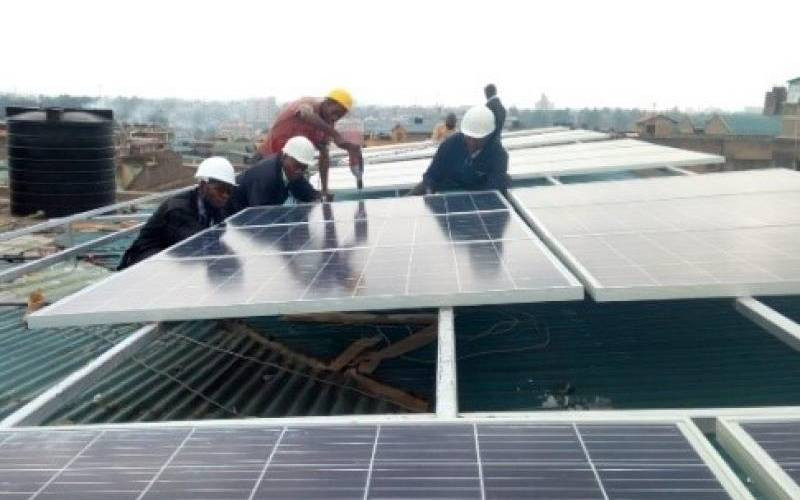×
The Standard e-Paper
Home To Bold Columnists

British American Tobacco (BAT) Kenya and Devki Steel Mills are set to put up solar power plants at their respective plants in Nairobi's Industrial Area and Ruiru town.
The two companies join the growing list of manufacturers that are generating electricity for their internal consumption as they seek to reduce power bills, increase electricity reliability as well as cut on carbon emissions.